
Author

Camino
Leadership Notes on the Road
A collection of notes on leadership, initially written as Daily Thoughts. Camino, the Spanish for road, or way, reflects on leadership as a praxis that continuously evolves. Nobody is ever a leader. Becoming one is the real quest. But we never reach the destination. Our character is constantly shaped by places and journeys, encounters and experiences. The only real theory of leadership is travelling. The only footprints, our actions. The only test, what we leave behind.
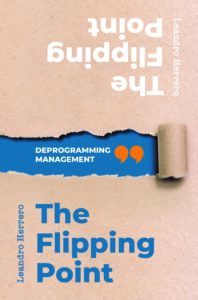
The Flipping Point
Deprogramming Management
A flipping point in the trend for adopting absurd management ideas needs to be reached. Management needs deprogramming. This book of 200, tweet-sized, vignettes, looks at the other side of things – flipping the coin. It asks us to use more rigour and critical thinking in how we use assumptions and management practices that were created many years ago.
In this book, you are invited to the Mother of All Call Outs!
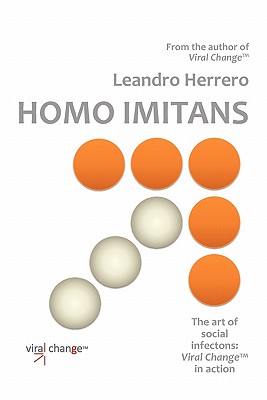
Homo Imitans
The Art of Social Infection; Viral Change™ In Action
Behaviours change culture, not the other way around. The spread of behaviours is the real source of social change. Behavioural imitation explains how social change happens, how epidemics of ideas are formed, how social fashions appear and how company cultures shape and reshape themselves. In this book, Leandro Herrero addresses Viral Change™ in action, showing that the more primal ‘Homo Imitans’ is still a powerful force. Understanding how social, behavioural infection works is the basis for the orchestration of any ‘epidemic of success’, be it a successful change inside a firm or a counter-social epidemic to tackle negative socio-macro phenomena.
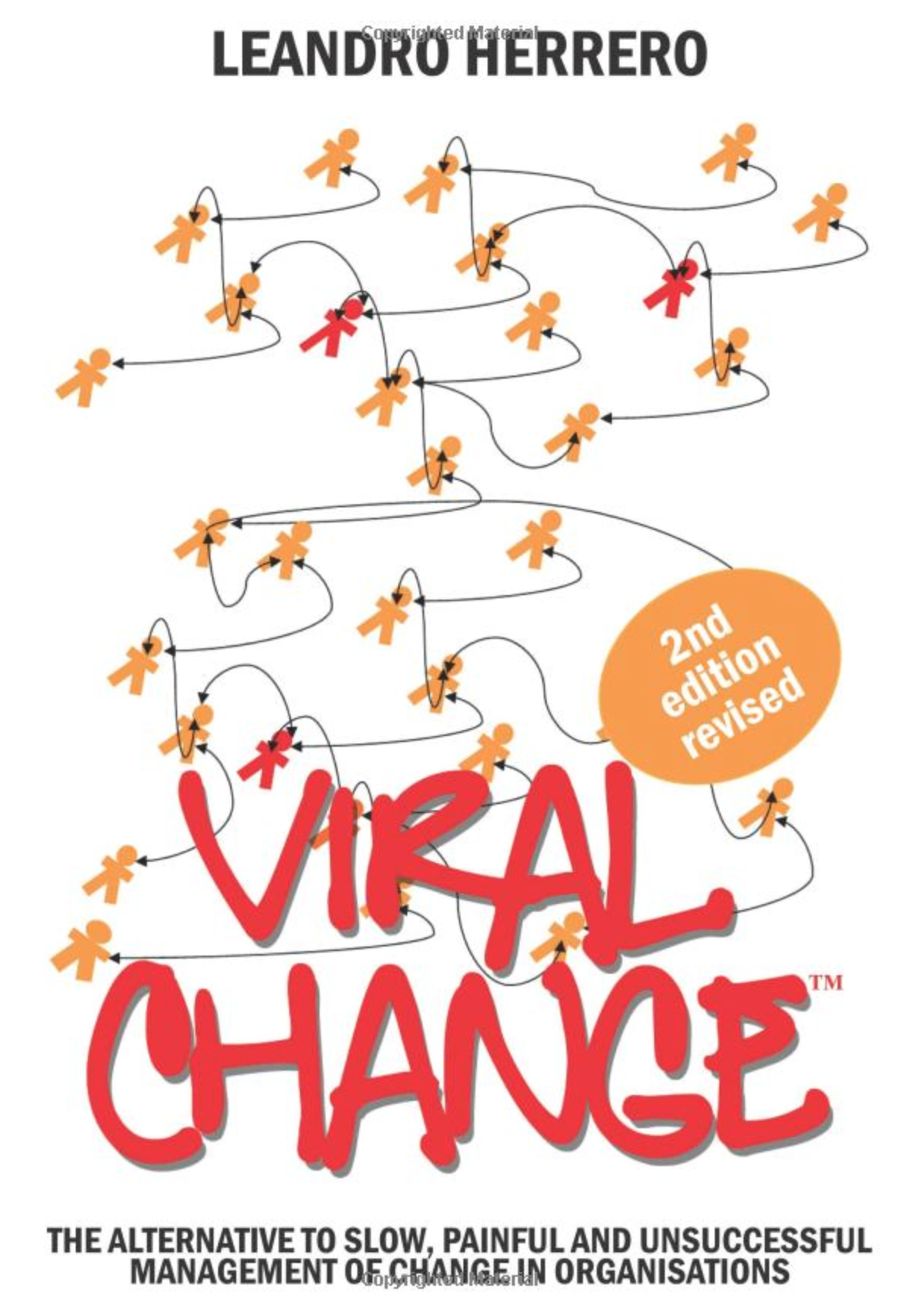
Viral Change™
The Alternative To Slow, Painful and Unsuccessful Management of Change in Organizations
Most conventional ‘change management’ programmes fail. This is mainly due to the fact that they are often based on wrong assumptions such as: when we change the process/system, people will change their behaviour ; changes need to come from the top and filter down; big changes need big actions; cultural change is a painful, long-term process with no short-term results. All these assumptions are flawed. Viral Change™ provides a completely different framework for change. It shows how a combination of the right language and frame, a small set of non-negotiable behaviours (all spread by a small number of activists) and the creation of ‘tipping points’, creates lasting cultural change in organisations.
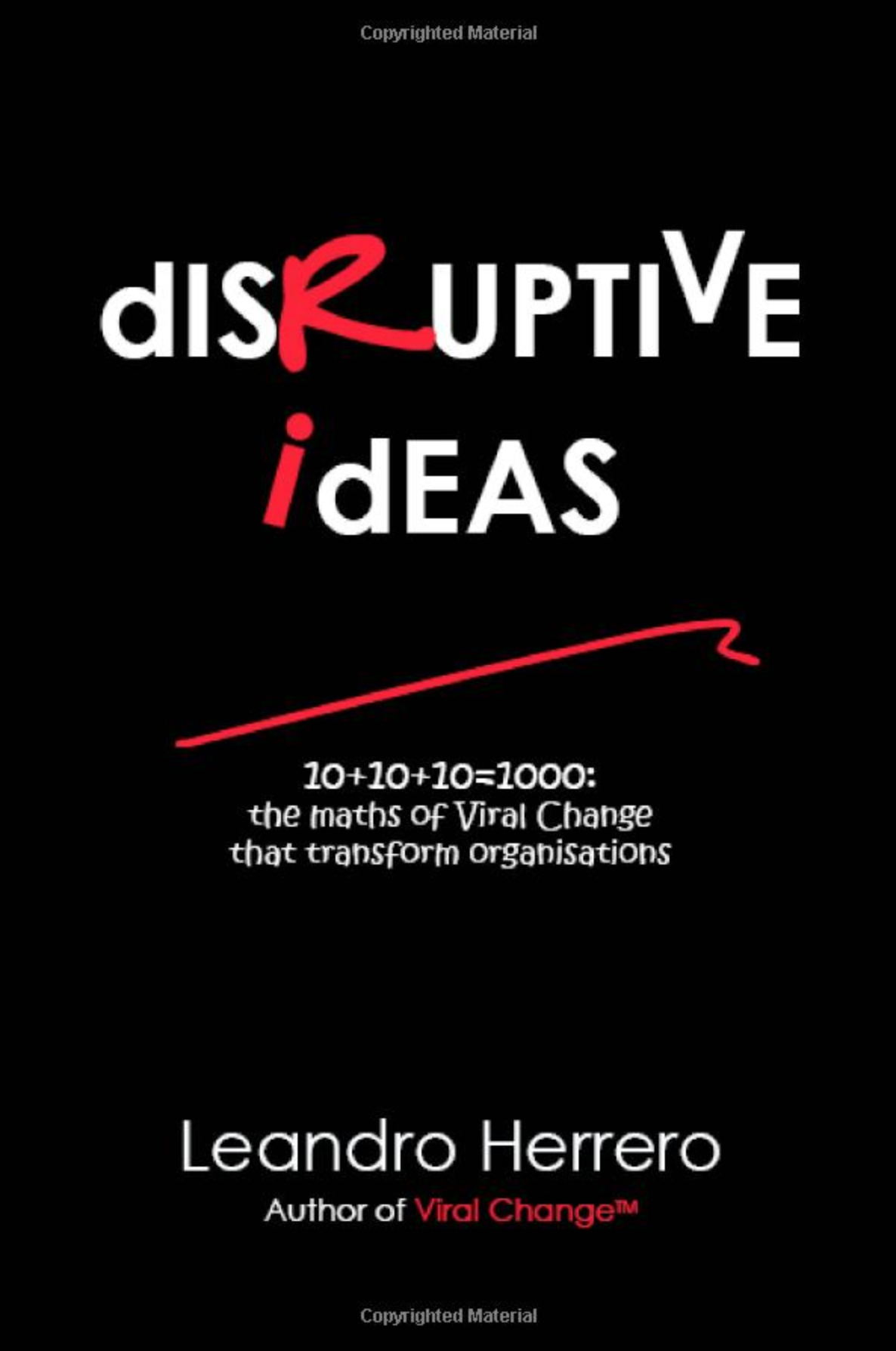
Disruptive Ideas
10+10+10=1000 The Maths of Viral Change That Transforms Organizations
In a time when organizations simultaneously run multiple corporate initiatives and large change programmes, Disruptive Ideas tells us that – contrary to the collective mindset that says that big problems need big solutions – all you need is a small set of powerful rules to create big impact. In this book, the author suggests a menu of 10 ‘structures’, 10 ‘processes’ and 10 ‘behaviours’ that have the power to transform an organization. These 30 disruptive ideas can be implemented at any time and at almost no cost; and what’s more…you don’t even need them all. But their compound effect – the 10+10+10 maths – will be more powerful than vast corporate programmes with dozens of objectives and efficiency targets…
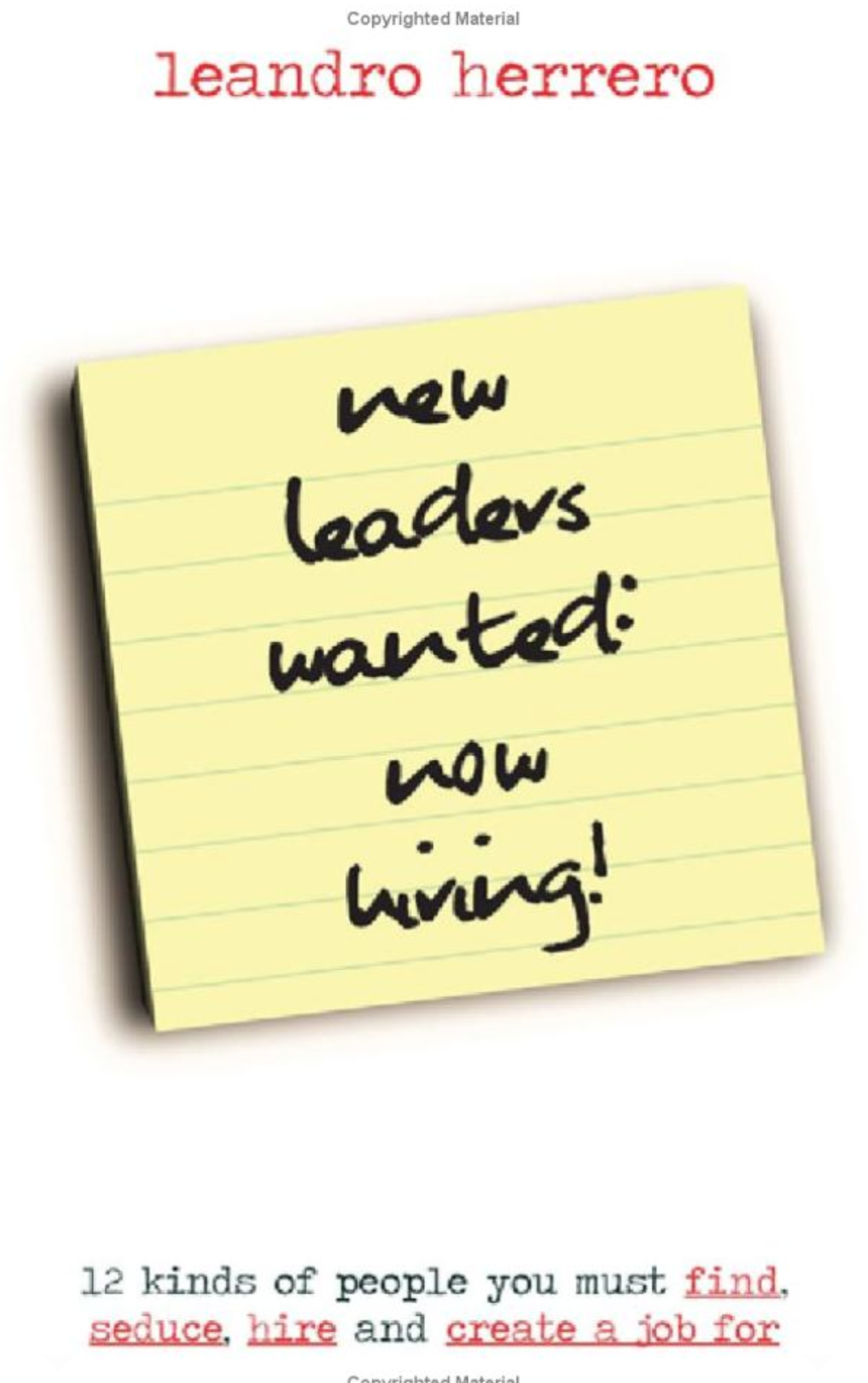
New Leaders Wanted: Now Hiring!
12 Kinds of People You Must Find, Seduce, Hire and Create A Job For
The future can’t be an extrapolation of the past! What’s more: organizational life today is complex, often unpredictable, volatile, high risk and at the same time full of opportunities never dreamt of before. However, companies are by and large still hooked on the old sets of skills and competencies that worked well for many years. Today, success requires different skills, different mental models and different approaches to reality. Some of those new skills are counter-intuitive and not often described in job advertising pages. A quantum leap can only be obtained by an ‘internal engine’ of people who think and behave differently. You can’t afford to ignore the question of who these people are or where they may be.
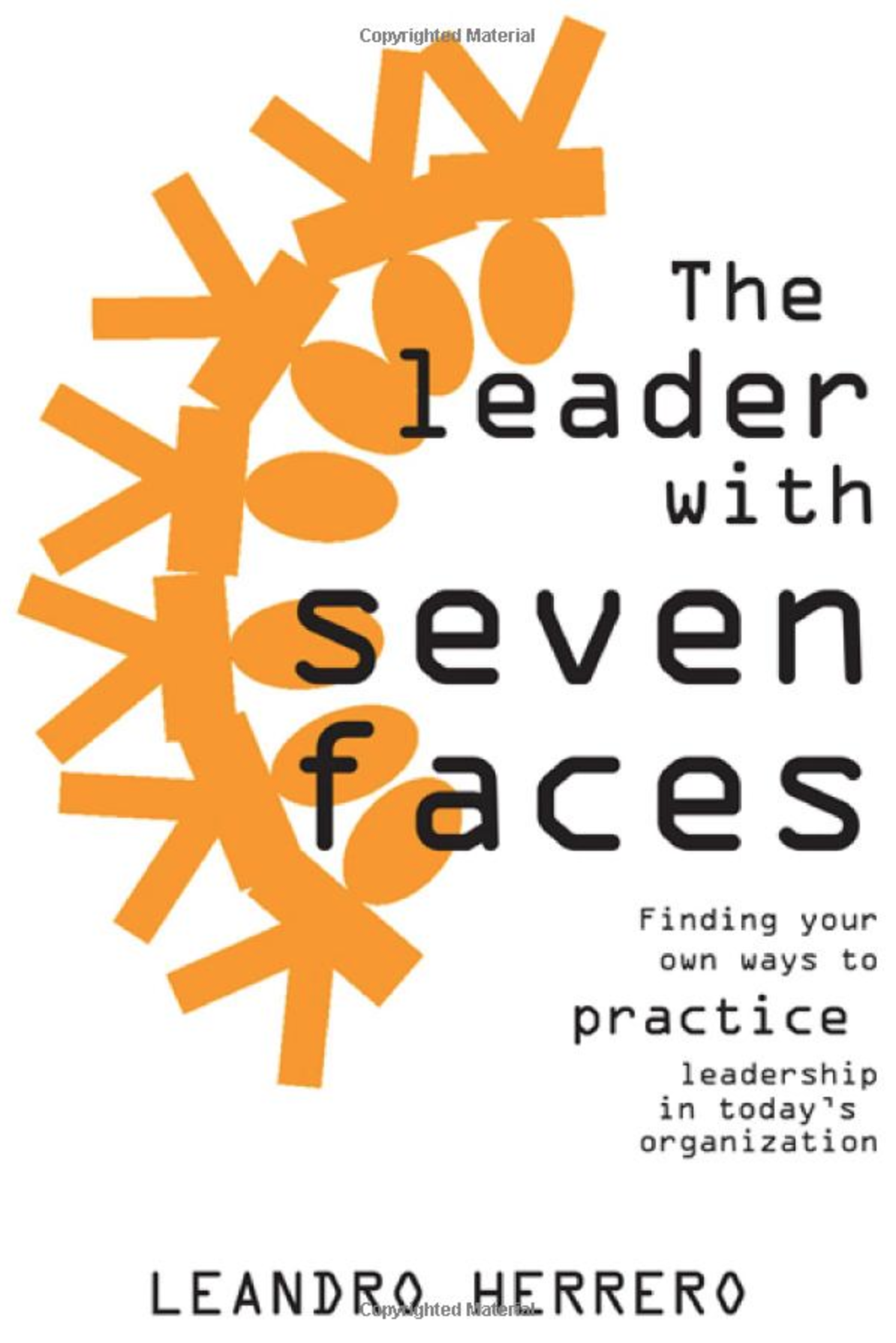
The Leader With Seven Faces
The Leader with Seven Faces is a book on leadership with emphasis on what to practice to become a leader or to improve your own leadership skills. It maps, explores and develops the seven faces of any leader: what you say (language, meaning and intention) , where you go (maps, destinations and journeys), what you build (spaces, ‘homes’ and legacy), what you care about (values, ‘the system’ and non-negotiables), how you do it (drivers, styles and structures), what you are (awareness, responsibility and identity) and what you do (role models, change and practice of leadership itself). The book is the basis for The Chalfont Project’s Leadership programmes.

However
There are two types of people in organizations: ‘Therefore People’ and ‘However People’.
The ‘Therefore People’ have all the pieces of reality in front of them and conclude, “We must do X”. The ‘However People’ have the same pieces, but conclude, “It looks like we should do X, however, we could also explore Y or Z. We always have options”.
This is a book about ideas, about people, about work in organizations. It is born out of the belief that work can be remarkable. ‘However’ thinking is Leandro Herrero’s path to uncovering possibilities.